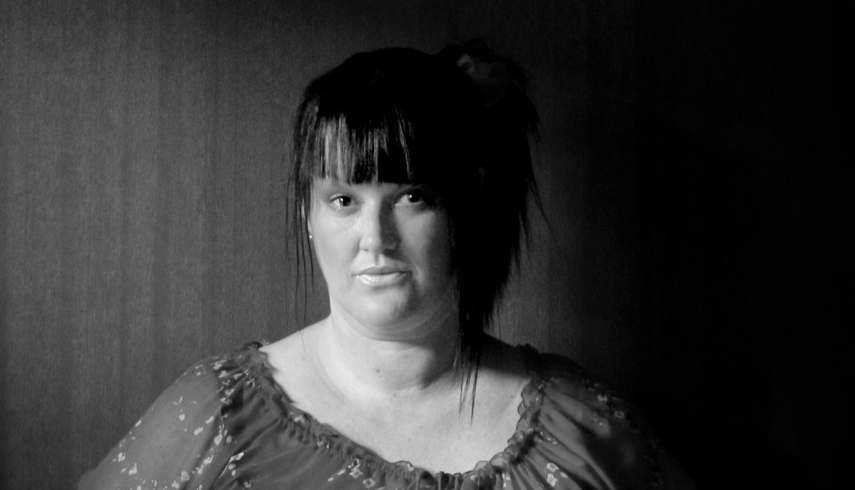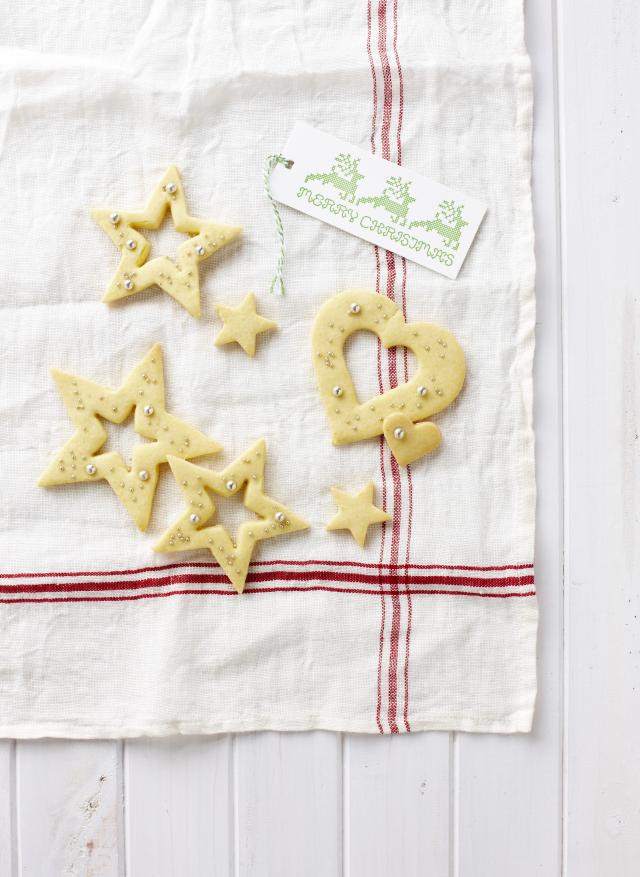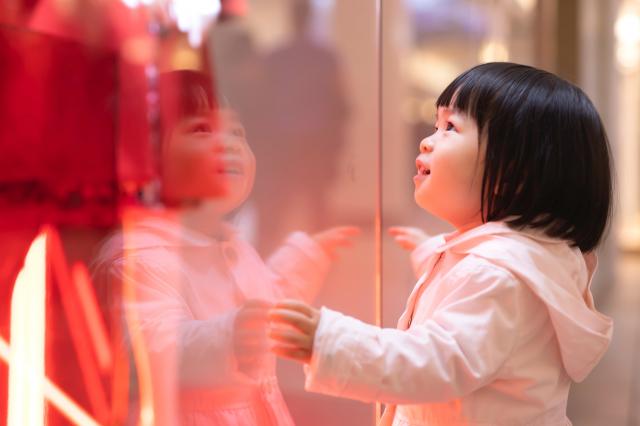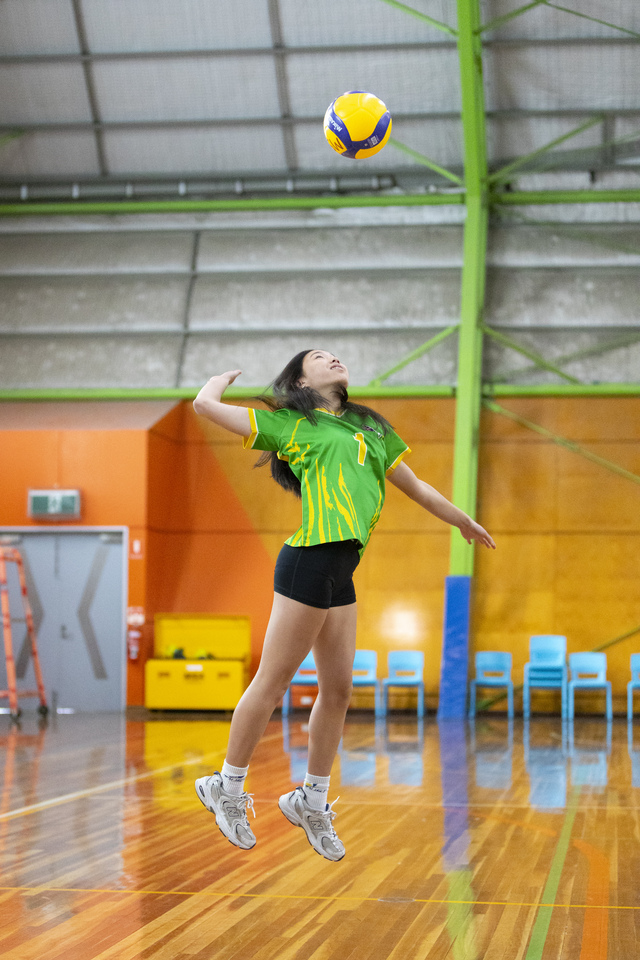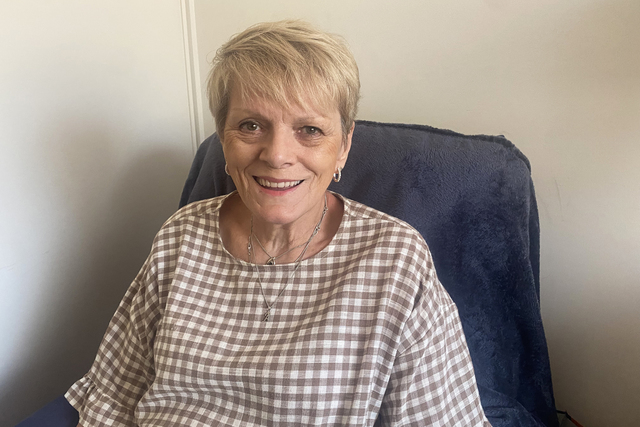Mental Health Week shines the light on people battling mental illness. Two of them shared with Robert Fedele their continuing battle.
LORELLE Tormey has spent the last 15 months living in a community care unit in Werribee, as part of a service which provides medium to long-term accommodation, clinical care and rehabilitation for people with serious mental illness. Three weeks ago she moved to Williamstown, to a similar service run by MIND Australia, but one not so regimented, geared towards independent living.
It’s a positive step and one that has brought a smile to the 40-year-old.
‘‘I really enjoyed having that long-term rehabilitation,’’ Lorelle explains. ‘‘It gave me so much more time at being well and experiencing what it takes to be well.’’
Lorelle had depression as a teenager but was diagnosed with a mental illness only in her late 20s.
‘‘I would say I was just undiagnosed from when I was a young girl and maybe had suffered a lot of depression as a teenager.
‘‘It isolated me as a person and maybe led me into having a mental illness.’’
When she was 27 Lorelle was diagnosed with schizoaffective bipolar disorder, a combination of schizophrenia and bipolar.
It includes the mood swings of a typical bipolar disorder and the psychotic symptoms found in schizophrenia. In the beginning she would hear voices telling her what to do.
It involved strange and bizarre behaviour, like reporting crimes to police or warning people about terrorist attacks. Or just wandering the streets talking to random people.
‘‘It was very scary … and hard to accept. I was scared for my children because I never wanted them to see me like that.’’
In those days Lorelle tried to fight it off with drugs and alcohol.
‘‘Because you didn’t feel comfortable in certain situations you had to feed yourself these stimulants to make yourself feel good.’’
In Kings Park, Gareth, who asked his surname not be published, knows the pitfalls of mixing drugs and mental illness.
The 32-year-old was diagnosed with bipolar disorder in his teens by a GP.
He dropped out of school and got into hairdressing, a job which he held for seven years.
‘‘I’ve been up and down and I’ve had manic episodes,’’ he recalls.
In his early 20s, Gareth’s drug and alcohol abuse became more rampant.
It started with marijuana and alcohol and escalated to taking ecstasy and cocaine. He’s unsure which came first, the addiction or the illness.
‘‘I think the bipolar came first and the drugs made it worse … made me more manic,’’ Gareth says.
‘‘They intertwine. When I’m depressed I want to use to feel up again. Without the drug use my bipolar’s been quite manageable. I think the drug use was the more evil of the two.’’
Looking back to his 20s, Gareth says he didn’t know much about mental illness and it took a few years to get linked to the right people.
‘‘I was in my early 20s. It was fairly devastating at the time because I knew it would probably affect my life negatively but I didn’t know what was quite in store.’’
Gareth reached his lowest point when he was 26 and had his first stint in hospital.
‘‘I wasn’t working and didn’t have my friends,” he recalls.
“I was suicidal. I had no network, no friends, work, or any sort of prospects.’’
In recent years he’s been on the road to recovery. He got clean and began exercising with the help of Norwood Association, a mental health service based in St Albans.
He also found a balance of medication that works for him.
The future also looks brighter for Lorelle, who says her move to Williamstown has her looking for the next stage in her rehabilitation – being independent.
‘‘It’s amazing, [Services such as MIND Australia are] there for people who are willing to help themselves and want to make a difference to their own life.’’
She has two daughters who live with her parents. When Lorelle was diagnosed they were just toddlers. Now they’re in their teens and becoming young women in their own right.
‘‘I’m looking forward to reconnecting with them,’’ she says proudly. ‘‘To really take back motherhood and be in their life fulltime is something that I can’t wait for.’’
Lorelle hopes to have her own accommodation within a year.
Asked how she thinks mental illness is viewed in the wider community Lorelle says stigma is still a huge problem.
There’s been leaps in awareness, but that is starting to wear off, she believes.
“We’ve got to help ourselves. It did help for a while. But I think that’s slowly panning out now. We’ve sang about it, we’ve talked about it, and we’ve still got it.’’
Lorelle says she chose to tell her story because there comes a time when the shame just goes.
‘‘It’s a lot about how you accept it as a person with mental illness. When you get to a point where you’re so accepting and you’re growing and you’re healthy, you are proud of your illness and you don’t care what people say.
‘‘It’s probably been part of my healing journey. I’ve really enjoyed getting to know other people and their stories.’’
Gareth feels the same, but is still not ready to be as open about his condition.
His family has been involved in his recovery but he’s kept his condition largely hidden from close friends.
He doesn’t feel ashamed any more.
‘‘Not any more. I did years ago. Through my 20s I did. Now that it’s manageable I don’t think it’s so bad.’’
Gareth recently began work at Coles in Caroline Springs, a job he found through Distinctive Options, a disability support service for people in Melbourne’s north and north-west.
His employer is aware of his condition, a sign Gareth says points to increasing community tolerance.
‘‘I think there’s a long way to go though,’’ he says.
Lorelle reckons she wouldn’t be as healthy as she is if it wasn’t for her illness, a startling admission on first thought, but one that resonates once you hear her reasoning.
Through her illness she’s been linked to a number of community support services, social groups, and job networks.
But even though the future looks bright, she knows anything can happen.
‘‘One thing I learnt about mental illness, you can’t predict it,” she explains. “You could be doing all the right things and still wake up one day and start hearing voices and think: ‘Oh my God. Am I going to be taken on this journey again or will I be able to survive it?’’’
MENTAL HEALTH WEEK
October 7-13 is Mental Health Week, which coincides with World Mental Health Day on October 10. Details: mentalhealthvic.org.au
FINDING HELP
Headspace Western Melbourne: 9091 8222, headspace.org.au
Lifeline: 13 11 14, lifeline.org.au
beyondblue Info line: 1300 224 636
Mensline Australia: 1300 789 978
Orygen Youth Health: 9342 2800
Norwood mental health service: 9365 9500
Mental Illness Fellowship of Victoria Helpline: 8486 4222

